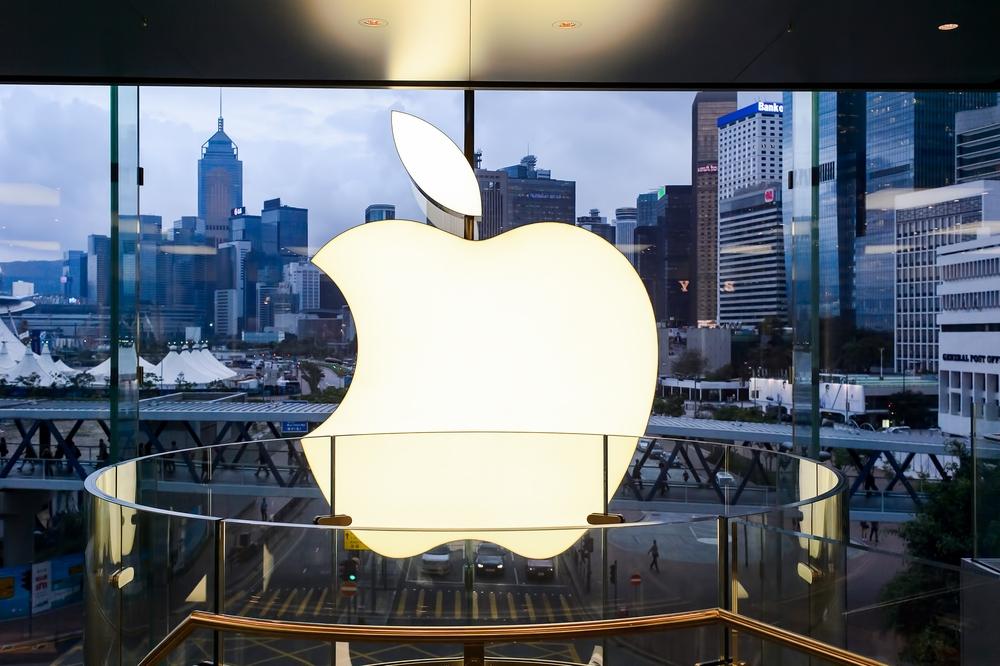OUR SERVICESSERVICESFollow usPREMIUM AREAWhitepaperEventsWebinarCHANNELSDigital EconomyTelcoPA DigitaleMediaIndustria 4.0FinanceWork and CareersPrivacyEuropeOver the TopCyber SecurityTech ZoneVideointerviewsProtagonistsAgendaVideoCorCom GuidesGreen economypodcastSpace economyTOMES OF THE DAYUltrabroadband5GSkillsEcommerceCyber SecurityCloudPnrrTelco for Italy 2021AboutTHE NEW RULESHomeDigital EconomyShare this article
The company once again challenges the measures included in the Digital Markets Act, which would allow iPhone users to install external software: "entire computer networks at risk"
04 Nov 2021Patrizia LicatajournalistApple is once again putting pressure on Europe and the new rules being defined in the Digital Markets Act: if the iPhone company will be forced to allow its users to install software downloaded not from the App Store but from third parties it would be like opening “Pandora's box,” said Apple's senior vice president of software, Craig Federighi. Speaking at the Web Summit in Lisbon, the Apple top manager warned: opening Apple devices to applications downloaded from the web without control could put entire computer networks at risk.
Federighi took up the words used by CEO Tim Cook who on the Digital Markets Act: “The European authorities have always been one step ahead with their regulations, but requiring sideloading on iPhones would be a step backwards. Instead of creating more choice, it would open a Pandora's box of malware and unvetted software."
A few weeks ago, Apple published a security report concluding that, if users of Cupertino mobile devices are allowed to install software even outside of what is offered on the App Store, the security and privacy of iPhone and iPad would be threatened and the risk of malware and cyber-attacks would explode.
Topics IndexA compromised iPhone can threaten entire computer networks

Apple also specifically cited the Digital Markets Act in a document it filed with the SEC last month. Apple wrote that if the text becomes law, Apple could find itself forced to make changes to its App Store and suffer a negative impact on performance financial.
WHITEPAPERWhat are the strategies to follow to defend against phishing attacks?SecurityCybersecurityDownload the WhitepaperIn his speech at the Federighi Summit, he did not speak of the potential economic damage for Apple, but he reiterated that sideloading (downloading software from sources other than 'App Store) may lead many users to install malware.
The top manager mentioned what happens on Android devices, on which it is allowed to download software from different sources on the web, even if Google warns, through system messages and pop-ups, about the risk of installing apps from non- verified.
A compromised device, Federighi continued, not only exposes the data on that device, but threatens an entire network. “Malware in sideloaded apps can put government systems at risk, target corporate networks, utilities, and so on.”
The dispute over the App Store and commissions
The operation of the App Store has long been under the scrutiny of regulators and under attack from competing companies. Apple is in a lawsuit in the United States with Epic Games, the producer of the Fortnite game, which took it to court to obtain the opening of the App Store to external payment systems and to links that lead outside the Apple application store. In a first instance judgment Epic Games was right and now Apple has appealed in an attempt to overturn the decision.
Apple says its developer software approval system and App Store rules ensure privacy and security for its users. The App Store is also a crucial source of revenue for Apple, thanks to paid apps and in-app purchases. The commissions that Apple withholds up to 30% of the price paid by users.
For the EU Commission, Apple's tight control over the App Store reduces choice for consumers, stifles competition and keeps prices high: software developers could in fact offer services such as payment for purchases at lower costs if they weren't done in-app.
Supporting the openness of Apple's "closed system" and countering the American company's arguments is also the European music streaming platform Spotify, which is pressuring regulators to impose a relaxation of Apple's control over its App Store and give developers more freedom to sell and advertise their apps.
Standard Ethics puts Apple "under monitoring"
Precisely in connection with the antitrust issues in the European Union Standard Ethics has placed Apple "under monitoring", while confirming the current corporate rating EE ("strong" ).
“Given the size of the company, Apple's impact on the global market is of great significance,” reads a note from the rating agency. “For this reason, the company has to deal with numerous delicate issues such as competition and antitrust; taxation; production chain; procurement of components and raw materials. Even if in recent years - concludes the note - there has been an alignment with international best practices and OECD protocols, there is still room for improvement".
@RESTRICTED 25 January